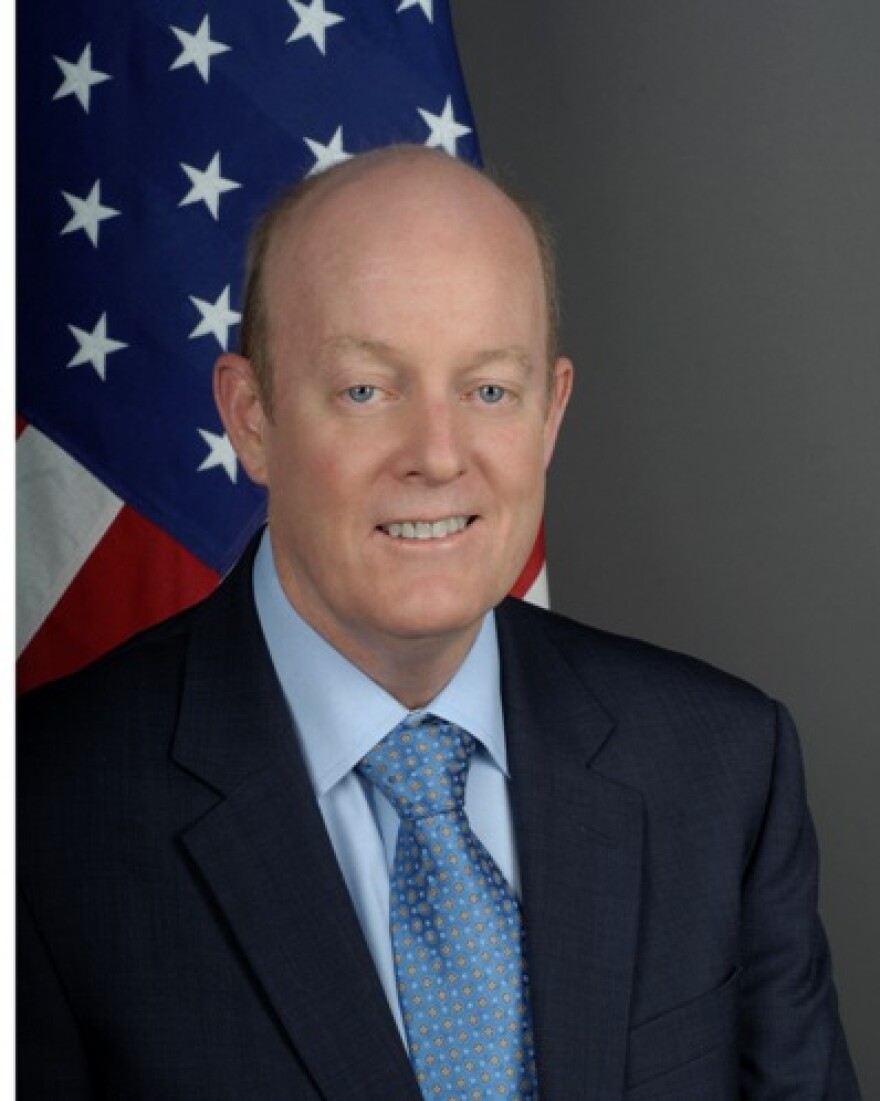As the U.S. and Cuba edge closer to an agreement to restore full diplomatic ties, a retired State Department official who served as the senior diplomat in Cuba says Florida is well-positioned to take advantage of the historic changes.
"There is this tremendous yearning in Cuba for changes to happen to allow people to have more opportunities," says John Caulfield, who served as Chief of Mission of the U.S. Interests Section in Havana from 2011-2014.
Now retired, Caulfield lives in Jacksonville. During a foreign service career that spanned decades, he held posts across Latin America. Caulfield is watching closely and advising business delegations from the Sunshine State who are planning outreach in the coming months to the Communist island nation.
"For several years now, U.S. citizens have been able to do business in Cuba with the sale of agricultural commodities, telecommunications equipment and services, and in pharmaceuticals. Now though, trade is allowed with the private sector in Cuba. Of course, that sector is extremely small. But the importing of goods and services is legal, along with the sale of construction materials. That's important, because Cuba is falling apart, so they desperately need these materials," he said during an appearance on WJCT's First Coast Connect.
Progress Will Be Slow
Caulfield has cautioned the Florida business community to go slowly and only expect incremental changes.
"The greatest barrier is the Cubans don't have much money to buy things. Their priority is food because the country has to import about 80% of its food. That's #1. Everything else is at a second level. And so the greatest difficulty that people have is waiting for the Cuban government — which is the only organization which can import things — waiting for them to agree that they will import, that the state purchasing agents can contract with foreign suppliers and then go through the bureaucracy just to get the stuff there."
And Caulfield says, layers of bureaucracy can make doing business cumbersome.
"Dealing with Cuba in terms of business is complicated, deals take a long time, there's a lot of investment of effort to finally make a sale."
Florida Opportunity
But Caulfield says it's important to take the long view. While U.S. travel to Cuba is ramping up quickly, business development is on a longer timetable.
"You have to look at this in terms of what you can do today, versus what you might be able to do in a couple of years. More and more people believe that Cuba will accelerate its change and one of the factors in the next couple of years is the rulers of Cuba, all in their 80's, half a dozen Commandantes who participated in the Revolution and are still in charge, are quite elderly and will be leaving office over the next couple of years."
"Below them is a new generation of leaders, between say 55 and 45. Now we really don't know what these people think, nor do we know who will emerge in the future. But I am convinced, just as I look at the world differently than my father and grandfather did, that they will see the world differently than the Commandantes do and I think there will be significant changes in Cuba."
One such change is scheduled to happen at the end of the month when Cuba is removed from the U.S. list of nations that sponsor terrorism.
"That may provide even more flexibility," Caulfield said. "But architecturally, Cuba is not going to disappear overnight- and look like Cancun or Miami, as some have speculated. The economic changes just are not in place yet to allow this."
"Right now, it's kind of two steps forward, one step backwards. Change won't come as fast as Cubans or as we would like. But yes, when you take the perspective of the next couple of years, I see this as something that momentum will build behind, and the further it goes the faster the changes will come."
Listen to the full interview with John Caulfield on today’s episode of the First Coast Connect podcast on iTunes.




